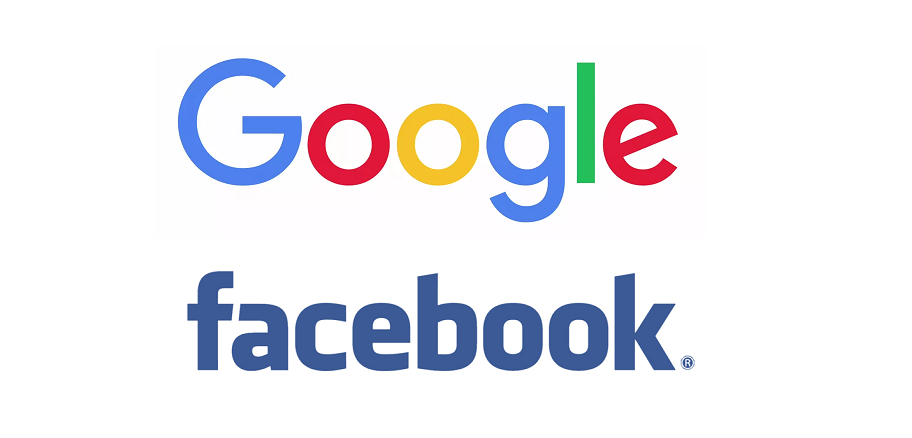Google and Facebook have been accused of striking a deal to limit competition in advertising, according to a news report.
Documents obtained by the New York Times during a Texas’ antitrust lawsuit, provide details on ‘Jedi Blue’, a reported ‘sweetheart’ deal between the two tech giants.
The agreement involved Google providing Facebook with favourable terms when bidding for advertising. In return, Facebook would back Google’s Open Bidding platform for selling adverts over header bidding – where advertising space is auctioned across multiple ad exchanges.
Header bidding is one of the main methods for buying advertising, where advertising space is auctioned among multiple ad exchanges. According to Google, header bidding auctions have drawbacks, such as causing webpages to take longer to load and batteries to drain faster, in addition to risking fraud and billing discrepancies.
Open Bidding was created by Google as an alternative, which the company says is simpler as it removes complex code that slows down websites.
In turn, Facebook gained more time to bid for adverts and was able to strike direct billing deals with sites hosting the ads. The arrangement is also said to have seen Google give its rival data to enable Facebook to better target audiences.
In a quid pro quo, Facebook consented to bid on a minimum of 90% of ad auctions when it could identify users, with a pledge to spend at least $500m a year.
Such terms handed Facebook an unfair advantage over Google’s other advertising partners according to the New York Times, which spoke with six of these to help build its case. This meant Facebook was almost guaranteed to win a consistent number of adverts.
Adam Cohen, director of economic policy at Alphabet subsidiary Google defended the company’s ad-sharing agreement with Facebook in a blog post over the weekend after detailed revelations related to an antitrust lawsuit filed in December by ten states emerged.
Cohen dismissed the allegations made by Texas attorney general Ken Paxton — who led in making the disputed claims a
gainst the company — as “misleading” and termed the agreement with the Mark Zuckerberg-led company as “well-publicized.”
“AG Paxton tries to paint Google’s involvement in this industry as nefarious. The opposite is true,” wrote Cohen.

